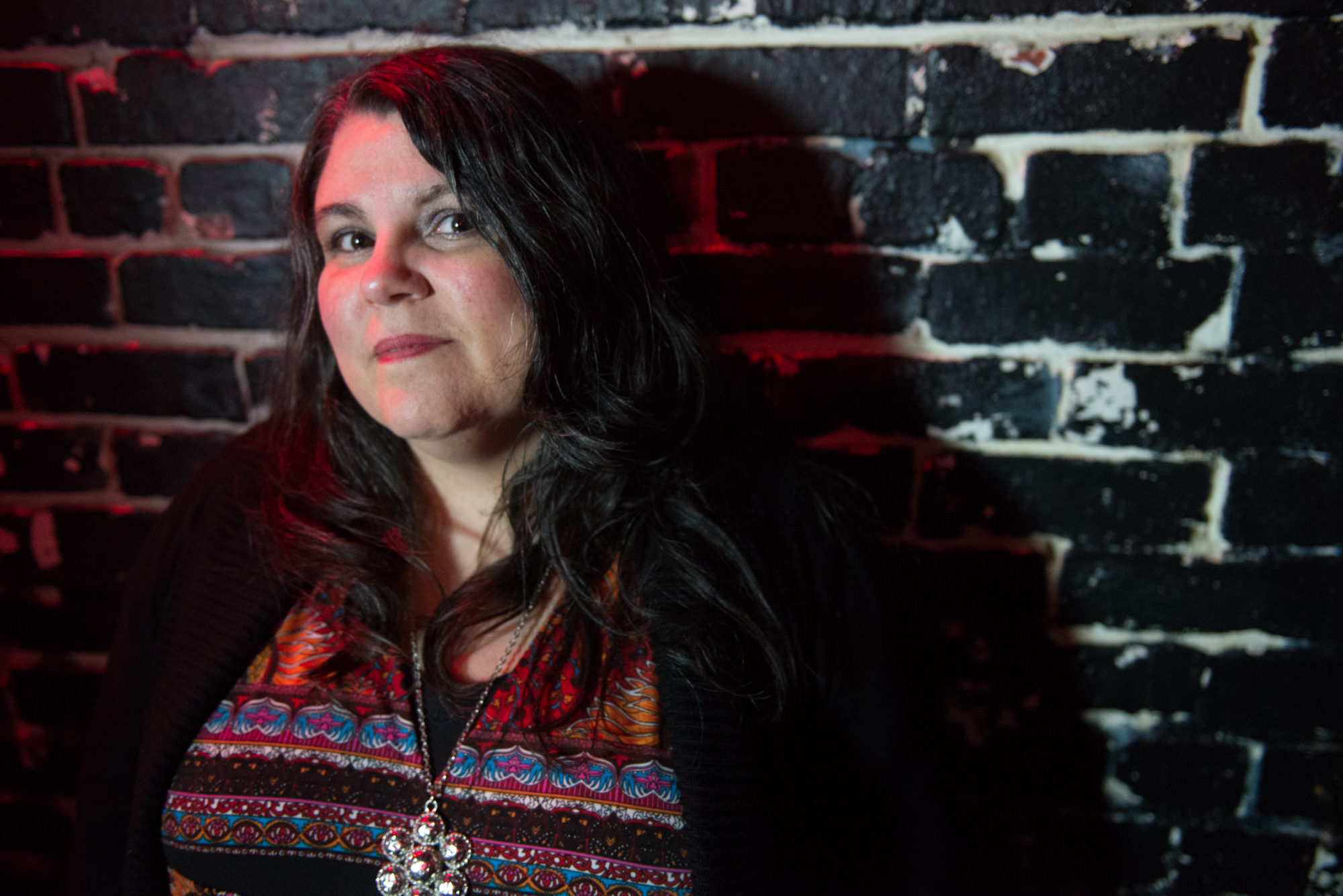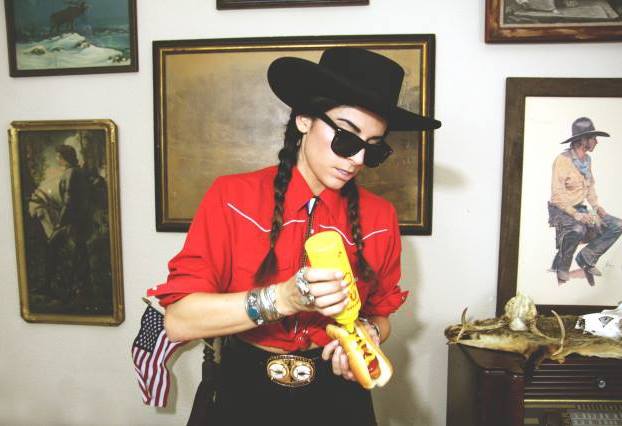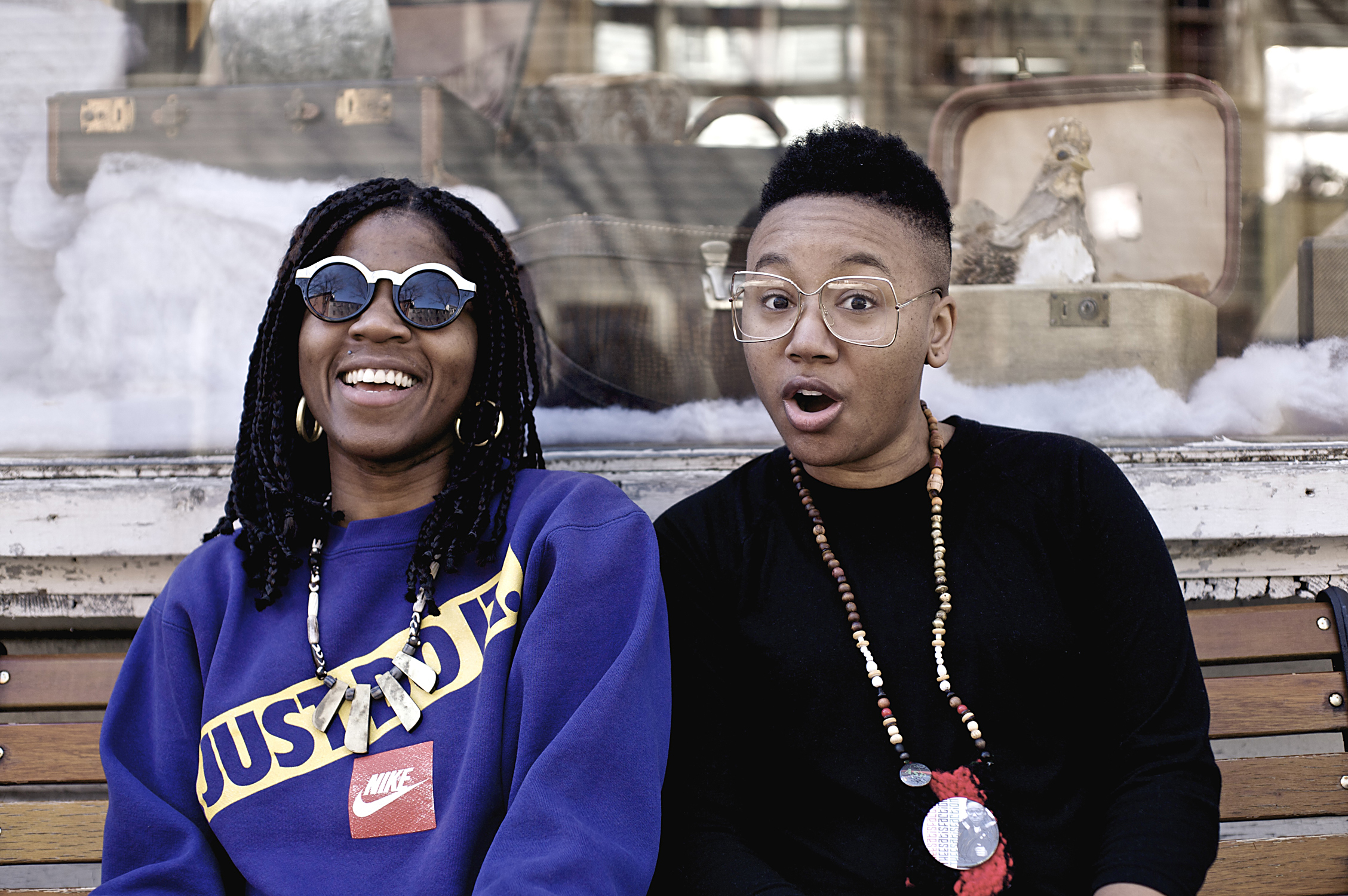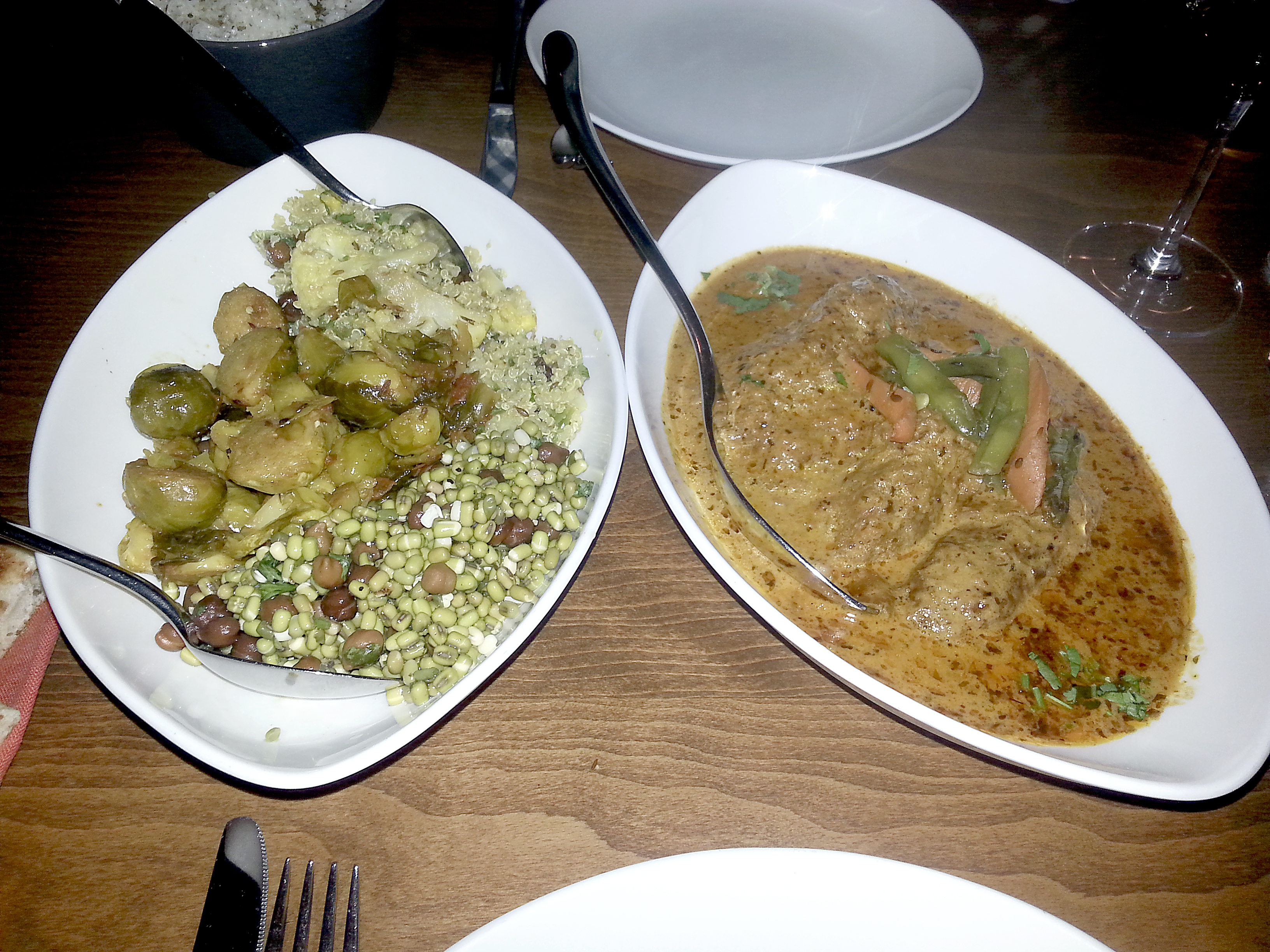In a certain light, talent bookers are the canary in the coal mine. The intermediary who helps facilitate a live experience between a band and its fans, a good booker is also a statistician of sorts, one who knows demographics and trends well enough to slot the right acts on the right night. Before a band even starts to load in, the booker has a sense of how full the room will get, what kind of person will attend the show and why. They know musicians, promoters, venue owners, managers, press agents. The best ones have forged those relationships and developed those senses because they’re lifelong music fans themselves. To the city’s credit, Seattle has no lack of them.
This insider knowledge can make bookers the first to sense changes on the horizon. And right now, looming large in the thoughts of many are concerns about the fate of the scene itself.
When I meet Chop Suey’s booker, Jodi Ecklund, at Cafe Pettirosso on Capitol Hill, the sidewalk in front of the small bistro is under construction, caution tape and bright-orange fencing in its place. Across the street, a large crater occupies the space where a building once stood. Adjacent to that, an enormous tower crane hovers over a complex spanning multiple blocks, with bulldozers humming around it like worker bees attending a hive. It’s a warm end-of-September afternoon, but it’s too loud to converse outside. “Have you been up here recently?” Ecklund asks, after we’re seated away from the noise. “It’s insane.”
Jodi Ecklund. Photo by Morgen Schuler
Her observations are first-hand. As part of the Seattle music scene for more than two decades, she’s booked events for Seattle Gay Pride, the Wild Rose, the Funhouse, and more recently, for ’Mo Wave!, the festival that celebrates queer talent. But recently, not only did the area’s steady march of development motivate a move from her Capitol Hill apartment—where her rent doubled within a year—but Chop Suey, the hood’s beloved music venue where she’s been booking shows for the past two years, is for sale at the bargain price of $99,950.
“The kicker is the rent,” Ecklund says, citing a jump to $13,000 a month. (She didn’t confirm the original figure, but said the rent increase was “high.”) “Honestly, that’s fair market value of what’s happening on Capitol Hill right now. [But] to have a successful bar, you want to be able to make your rent in one night . . . and it’s just not sustainable.”
On top of that, Ecklund says, over the past few years she’s noticed a new kind of music consumer emerging, especially on weekends—different from the local music lovers who used to fill the club. “You don’t see the same kind of clientele because [they] tend not to go out on the weekends. It’s incredibly risky to book a live band on the weekend. It should be your prime time, but it’s safer to have a dance night because you have so many different kind of people up here.” She mentions a rash of recent hate crimes and late-night violence that has put the community on edge, especially after dark. Capitol Hill now, she says, “reminds me of Pioneer Square back in the ’90s.”
Mamma Casserole—the nickname of Michelle Smith, who booked a regular concert calendar for the Comet Tavern before it abruptly closed last year—is also struggling to put the changing scene into perspective. For a while she was booking at Waid’s until that closed over a contentious liquor-license dispute. The reopened, rebranded Comet, though it does host shows occasionally, is no longer a music venue per se, and Mamma now books shows for the Lo-Fi Gallery in Eastlake. Problem is, crowds have been lackluster.
Mamma is one of the best-known bookers in town, and her Comet shows are the stuff of legend. Back when Fleet Foxes, The Head and the Heart, and Macklemore were starting out, they all played the venue, for about $5 a head.
When we met, she said she’d booked Brooklyn indie rockers Bishop Allen for that coming Thursday night, Oct. 2. Only 30 Facebook reservations had come in. “They’re a big band, it doesn’t make any sense,” she says, then explains that reservations are not an accurate reflection of who’s actually going to show up. Ticket sales are a better indicator of that, and at the time only 10 had been sold. It was three days before the gig.
She rattles off a handful of other bands on the bill. “Tomo Nakayama; Day Laborers and Petty Intellectuals; this band from Portland called Trummors that has a guy from Ted Leo’s band in it—they’re all playing. It’s a remarkably beautiful little show. If it was Doe Bay, it would be sold out.”
Mamma Casserole. Photo by Morgen Schuler
Mentioning the remote Orcas Island resort that hosts a popular festival each summer reinforces the idea that live music is moving out of the city. But why? Mamma has her own theories, and some match what Ecklund has observed on Capitol Hill. According to the census, Seattle is the fastest-growing big city in the U.S., yet checking out live music seems to be low on the list for Seattle’s new residents. “I don’t think they are really into live music and bands,” she says. “It seems like people are more into dance nights. They love the Emerald City Soul Night and Snap! [dance nights at Lo-Fi]. But your average show that would have drawn 80 people at the Comet is now drawing 40 at Lo-Fi.” (The roughly 51 souls who did attend the Bishop Allen show prove this.)
On the flip side, she says Seattle’s old-guard music lovers aren’t going out as much. Those who came of age during the grunge years are nearing middle age, and millennials are consuming music in other ways, via the Internet and off-the-radar DIY clubs. “Residents aren’t going out to shows as much as they used to…. I’m seeing less people going out.”
Her inbox appears to corroborate this. “Right now, [it’s] probably empty. I have to go searching for bands to book. When I was booking at the Comet, I would get 30 e-mails a day.”
Brian Foss, who used to book shows for now-shuttered punk venue the Funhouse, which he co-owned with Bobby Kuckelberg, uses the expression “squeezed out” a lot when we meet in Columbia City. He and his wife Cyndi moved to the neighborhood last year, after the rent on their Queen Anne apartment “basically doubled,” he says. They were hesitant to move because their place was so close to the Funhouse, where it was necessary “to live close by if the cops call or the alarm goes off. You want to be within five miles, so you can go down there quickly.”
Once the Funhouse closed, to make way for the Aperture on Fifth apartments, they had no choice. He’s been looking to relocate the Funhouse ever since, with no luck.
For a while, Foss was booking his signature gigs—punk, garage, and metal acts—at the 2 Bit Saloon and Bogarts, and was interested in buying the latter to rebrand as the Funhouse. The 2 Bit has since closed, and Bogarts’ owner accepted another offer for the space, which is now a barbecue joint.
Brian Foss. Photo by Morgen Schuler
Earlier this year, a documentary about the Funhouse was released: Razing the Bar, a poignant film about the venue’s nine-year run and all the patrons, bands, and employees who kept it humming. The doc doesn’t shy away from the charged topic of gentrification, but also doesn’t suggest the leveling of Seattle’s beloved clubs is going to irrevocably change the scene.
Foss, a resident since 1988, is cautiously optimistic he’ll find a new home for the Funhouse, but he questions the city’s priorities. “It’s a complex issue,” he says. “Seattle has changed a lot. Should every piece of property only be looked at solely for how much money it’s worth?”
“It seems to me Seattle is in the process of slowly but surely getting rid of all the funky but interesting one-story buildings,” Foss says. When those places go away, he says, you’re not just losing a launching pad for the next it-band, but a gathering space where a community can form. “It used to be a place with a bunch of tiny little bars that were dead on Friday and Saturday nights and anybody who knew some bands and had a PA could walk in and play. People have to have a chance to go in and try things. There’s value in giving people a place to fail, to fuck up.”
“The ability to do that in Seattle,” he says, “is getting squeezed out.”
gelliott@seattleweekly.com
Check out “After Dark: A Guide to Seattle Nightlife” for the rest of our late-night suggestions.








